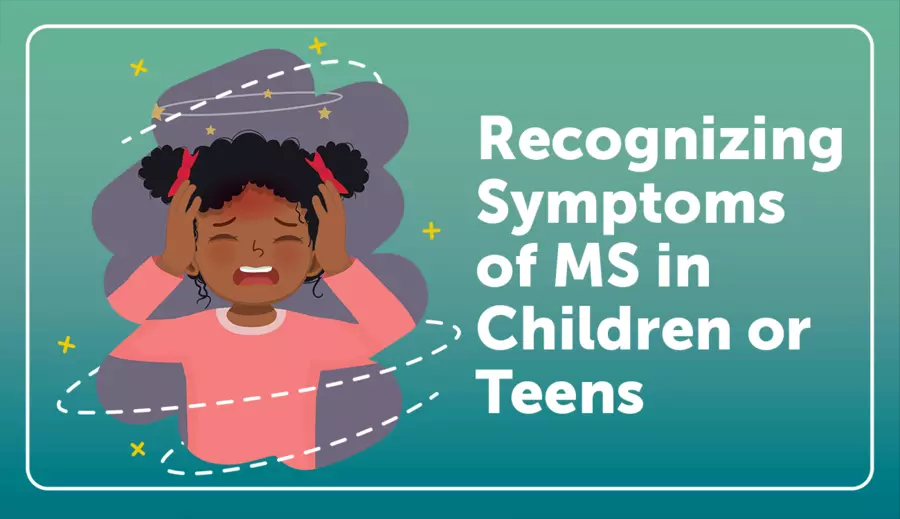Multiple sclerosis (MS) is a chronic, often disabling neurological condition that affects the central nervous system, particularly the brain and spinal cord. It occurs when the immune system mistakenly attacks the protective covering (myelin) of nerve fibers, leading to inflammation, damage, and eventually, disruption in the transmission of signals between the brain and the rest of the body. Because MS affects nerves in various parts of the central nervous system, its symptoms can vary widely from person to person. Here are the most common symptoms:
1. Fatigue
Fatigue is one of the most common symptoms of MS, affecting up to 80% of people with the condition. It is not the usual tiredness felt by most people; MS-related fatigue can be overwhelming and may not be relieved by rest. It can worsen as the day progresses and make daily activities difficult to manage.2. Numbness and Tingling
Numbness and tingling are common initial signs of MS. These sensations often affect the face, arms, legs, or body. It can feel like pins and needles or a complete loss of feeling in certain areas. Numbness can make it hard to use the affected body part.3. Muscle Weakness and Spasms
Muscle weakness occurs when the nerves that control muscles become damaged. This can affect coordination, balance, and walking. Many people with MS experience spasms or stiffness (spasticity), particularly in the legs. This can make movement difficult or painful.4. Problems with Balance and Coordination
MS can affect balance and coordination, making it difficult for individuals to walk, stand, or even perform fine motor tasks like writing. Tremors, unsteady gait, and dizziness are also common symptoms, contributing to a higher risk of falls.5. Vision Problems
Vision problems are often one of the earliest signs of MS. These include blurred vision, double vision (diplopia), or even temporary loss of vision, usually in one eye. This is due to inflammation of the optic nerve, a condition known as optic neuritis. Eye pain may accompany vision changes.6. Cognitive Issues
MS can affect cognitive functions, including memory, attention span, problem-solving, and information processing speed. This is often referred to as "brain fog" or cognitive dysfunction, which can interfere with daily tasks.7. Bladder and Bowel Problems
Many people with MS experience issues with bladder and bowel function. This can include urgency, frequency, or difficulty emptying the bladder completely. Bowel problems, such as constipation, are also common.8. Pain
MS can cause both acute and chronic pain. Neuropathic pain, resulting from damaged nerves, can manifest as burning, sharp, or stabbing sensations. Musculoskeletal pain can develop due to immobility, muscle weakness, or spasticity.9. Sexual Dysfunction
Sexual problems are common in people with MS, often due to nerve damage affecting arousal, sensation, and response. Both men and women can experience decreased libido, erectile dysfunction, or vaginal dryness.10. Speech and Swallowing Difficulties
MS can affect the muscles needed for speech and swallowing. Speech problems may include slurred speech (dysarthria), or trouble finding the right words. Difficulty swallowing (dysphagia) can lead to choking or aspiration.11. Emotional Changes
The emotional impact of MS can be significant. People with MS may experience mood swings, depression, or anxiety. Some also experience pseudobulbar affect, a condition causing involuntary bouts of crying or laughing.12. Sensitivity to Heat
Many people with MS have an increased sensitivity to heat, known as Uhthoff’s phenomenon. This can temporarily worsen symptoms when exposed to higher temperatures, whether from the weather, hot baths, or exercise.Conclusion
The symptoms of MS vary widely from person to person, depending on which part of the nervous system is affected. Some people may experience only mild symptoms, while others may have more severe disability. Because MS is unpredictable, individuals may experience periods of relapse (when symptoms worsen) and remission (when symptoms improve or stabilize). While there is no cure for MS, there are treatments that can help manage symptoms and improve quality of life. If you suspect you or a loved one may be showing signs of MS, it’s important to consult a healthcare provider for proper diagnosis and care.Read more :
1= https://bulkdrchecker.com/blogs/what-are-the-temperatures-on-mars/
2= https://bulkdrchecker.com/blogs/what-are-the-tax-brackets/
3= https://bulkdrchecker.com/blogs/what-are-the-tallest-buildings-in-the-world/
4= https://bulkdrchecker.com/blogs/what-are-the-symptoms-of-the-flu/
5= https://bulkdrchecker.com/blogs/what-are-the-symptoms-of-multiple-sclerosis-ms/

